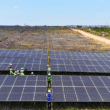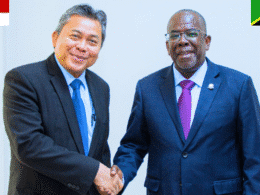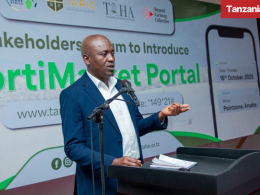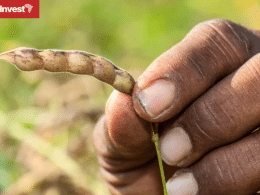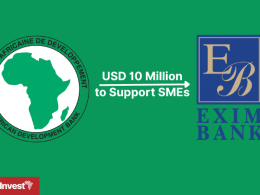TanzaniaInvest interviewed Warren Deats, Chief Operating Office of Obtala (LON:OBT), a vertically integrated group focused on sustainable agriculture and forestry in Tanzania and Mozambique.
Warren is based in Tanzania where he oversees the Group’s operations in Africa. In this interview, he discusses the company’s focus and operations in Tanzania and the ambitions for further expansion.
TanzaniaInvest: Obtala has 2 primary focuses, agriculture in Tanzania and forestry in Mozambique. Why Tanzania?
Warren Deats: We looked at the successes of Kenya as an agricultural producer and questioned why Tanzania hasn’t had the same results.
Tanzania has many of the qualities Kenya does, such as a great climate, access to a workforce, arable land, improving ports and support from the government.
Where it is lacking is in experience and a legacy of years of agricultural production.
We see this as a huge opportunity to be part of the growth and development of Tanzania
TI: In Tanzania, Obtala has 1,735 hectares of farmland. How conducive has been the investment framework to your project?
WD: Tanzania is definitely moving in the right direction as far as business friendliness but there are still quite a few challenges and delays in starting businesses.
I feel the government is very motivated to help us. They do sometimes lack the resources but not the motivation.
TI: Your focus is on short‐term revenues on fresh and dried produce. How much is destined to local, regional and international markets?
WD: Our focus isn’t on short-term revenues. It’s on long-term development while still offering short-term returns to our investors.
We are balancing short-term crops to create revenues now, with long-term orchard development to create sustainable assets for the future.
Our goal is to supply as much as we can locally and regionally with the balance going to the Far East, Middle East and Europe.
As it stands there is significantly more demand for produce in the export market, however, with the demographics of Dar es Salaam and the rest of the region, we expect that to change over the coming years
TI: You intend to move into large-scale orchards in the medium‐term. Which other agricultural products yield the great opportunities?
WD: We are currently analyzing the best crops to produce. This involves assessing the climate, soil, water, export markets and various other factors.
Mangoes and avocados are at the top of our list for the moment but that could change before we plant.
TI: What are you overall ambitions in Tanzania in term of crop production and turnover?
WD: I think our mission statement says it best: “To take the lead in the sustainable commercialization in Sub-Saharan Africa of two of the world’s most in demand and diminishing natural resources, arable land and forestry. To pursue every opportunity to move up the agriculture and forestry value chain, in partnership with key stakeholders, contributing to long-term economic and social development in the markets we operate in.”
TI: What are the greatest opportunities and challenged ahead?
WD: The two main challenges in Tanzania are logistics and global recognition.
Tanzania still needs additional development and investment in cold chain and port handling.
This will be key to becoming a world class producer and exporter.
Secondly, we hope to play a role in putting Tanzania on the map as being recognized as a high-quality producer.
We are already seeing this in coffee and chocolate, we just need to develop this for other produce.
This is one of our major focuses when we are at trade shows. Not just marketing our products, but marketing Tanzania as a whole.
As I mentioned before, the greatest opportunity is to harness all the agricultural qualities that Tanzania has and develop the industry.



